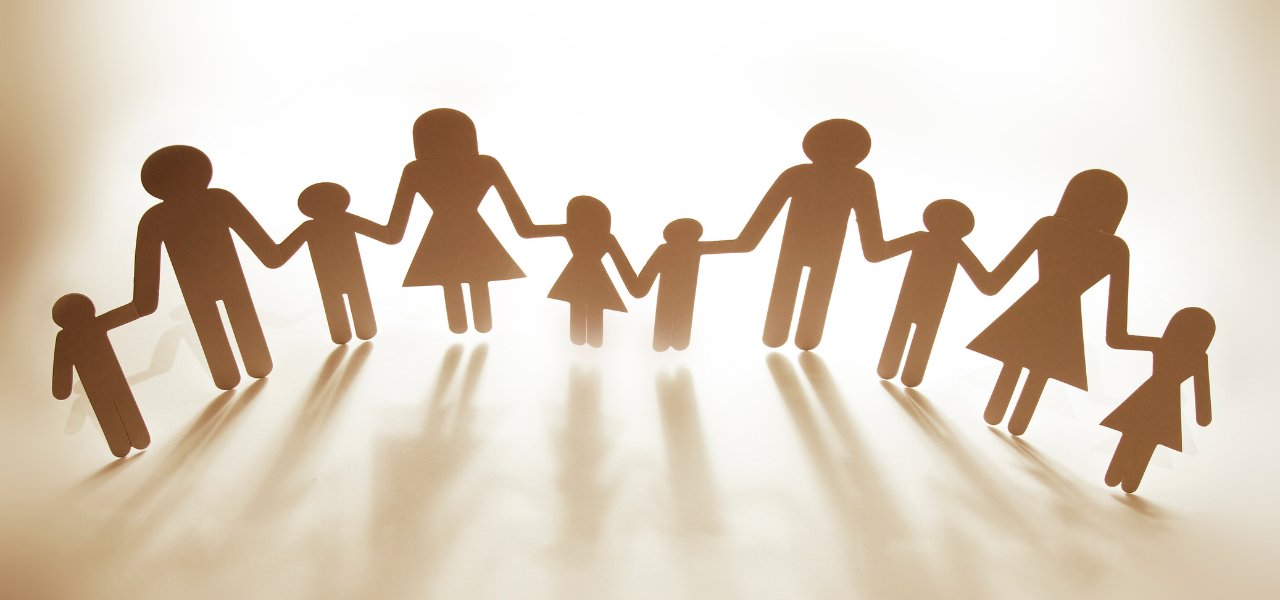‘We’re not playing pretend at being family in the church today. That’s not what we’re meant to be doing. We’re actually meant to see ourselves as a family.'1
This challenge comes from Dani Treweek in an episode of the podcast Observations of a Professional Third Wheel. It’s sparked by Joseph Hellerman's book When the Church Was a Family, where he discusses family life in the first century.2 According to Hellerman, the brother and sister relationship in a household was foundational, even more so than the relationship between husband and wife. ‘[M]arriage took a back seat priority-wise to another more important family relationship – the bond between blood brothers and sisters’.3 A spouse became part of your household, but in a far deeper way, your siblings were your family. In her recent book on friendship, Rebecca McLaughlin puts it this way:
‘If forced to choose between their siblings and their spouse, they would be expected to choose their siblings. For them, brother-sister language was not sentimental fluff. It was quite serious.’4
Back on the podcast, Dani considers as an example how close Lazarus and his sisters were.5 Their depth of relationship might seem odd to us from our 21st-century perspective, but when considered in light of their own context, it makes sense. Sibling relationships were deeply important, and a foundational element of family.
This all becomes sharply relevant to us when we realise that the New Testament overwhelmingly uses sibling language to describe our relationship to one another as believers.
‘In the New Testament, the Greek word adelphoi is used over two hundred times to refer to siblings in Christ. Like “guys” in modern English, adelphoi is inclusive and can be translated “brothers” or “brothers and sisters”. Sibling language is also applied to individuals. For instance, in his letter to the Romans, Paul references, “our sister Phoebe” (Rom. 16:1) and “our brother Quartus” (Rom 16:23).’6
Sibling relationships were profoundly, supremely important in the world of the New Testament authors. And that’s the language they chose – the language Jesus chose (e.g. Matthew 12:46-50) – to describe their fellow believers.
How are we living up to this in our present day?
Think about your own life. Do you prioritise your relationships with others in the church as if they were your flesh and blood? Or, if you’re honest, are you actually playing pretend at being family?
I’m challenging myself here as much as I am you! As Dani says, every one of us needs to grapple with this reality.7 We need to allow the Spirit of God to transform the way we relate to each other. Of course, there are lots of very practical questions to figure out, and many disappointing realities to contend with – none of us needs to be told that family is hard and people aren’t perfect. But we must always be compelled by this truth, always come back to it. Here, in the people of God, we should find an end to loneliness and isolation. We should find a kind of belonging that is true, deep, and irreversible. In a very real and meaningful way, you are my sister. You are my brother. We’re not dressing up here or putting on an act. We can’t play at happy families in the church meeting and then fail to act like siblings in other contexts. We are actually family. We must live like it.
- Kevin Morris and Dani Treweek, ‘BONUS: Single Minded Ministry - Dani Treweek’, Observations of a Professional Third Wheel, 35-36 mins.
- Joseph H. Hellerman, When the Church Was a Family: Recapturing Jesus' Vision for Authentic Christian Community (B&H Academic, 2009).
- Hellerman, When the Church Was a Family, p.35; quoted in Rebecca McLaughlin, No Greater Love: A Biblical Vision for Friendship (Moody Publishers, 2023), p.36.
- McLaughlin, No Greater Love, p.36.
- Morris and Treweek, ‘BONUS: Single Minded Ministry - Dani Treweek’, 37 mins.
- McLaughlin, No Greater Love, p.36.
- Morris & Treweek, ‘BONUS: Single Minded Ministry - Dani Treweek’, 37-38 mins.





